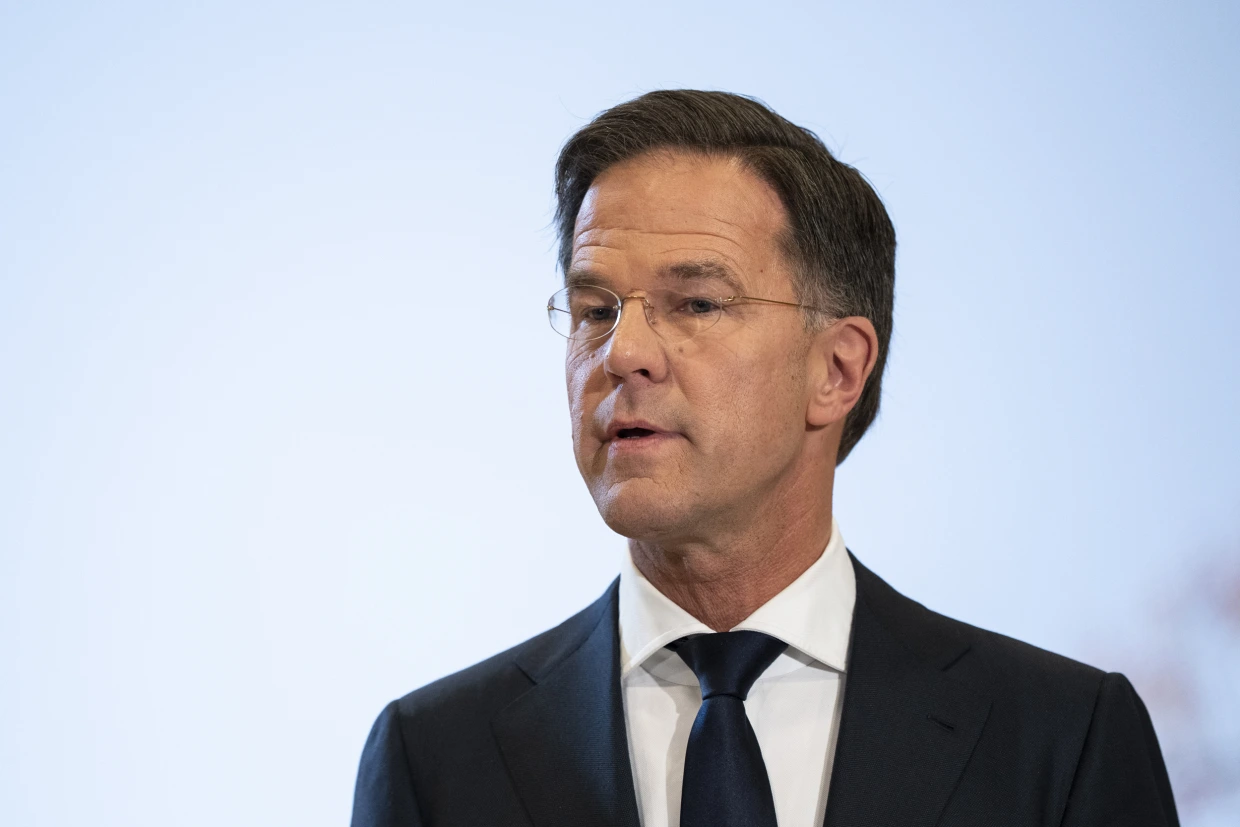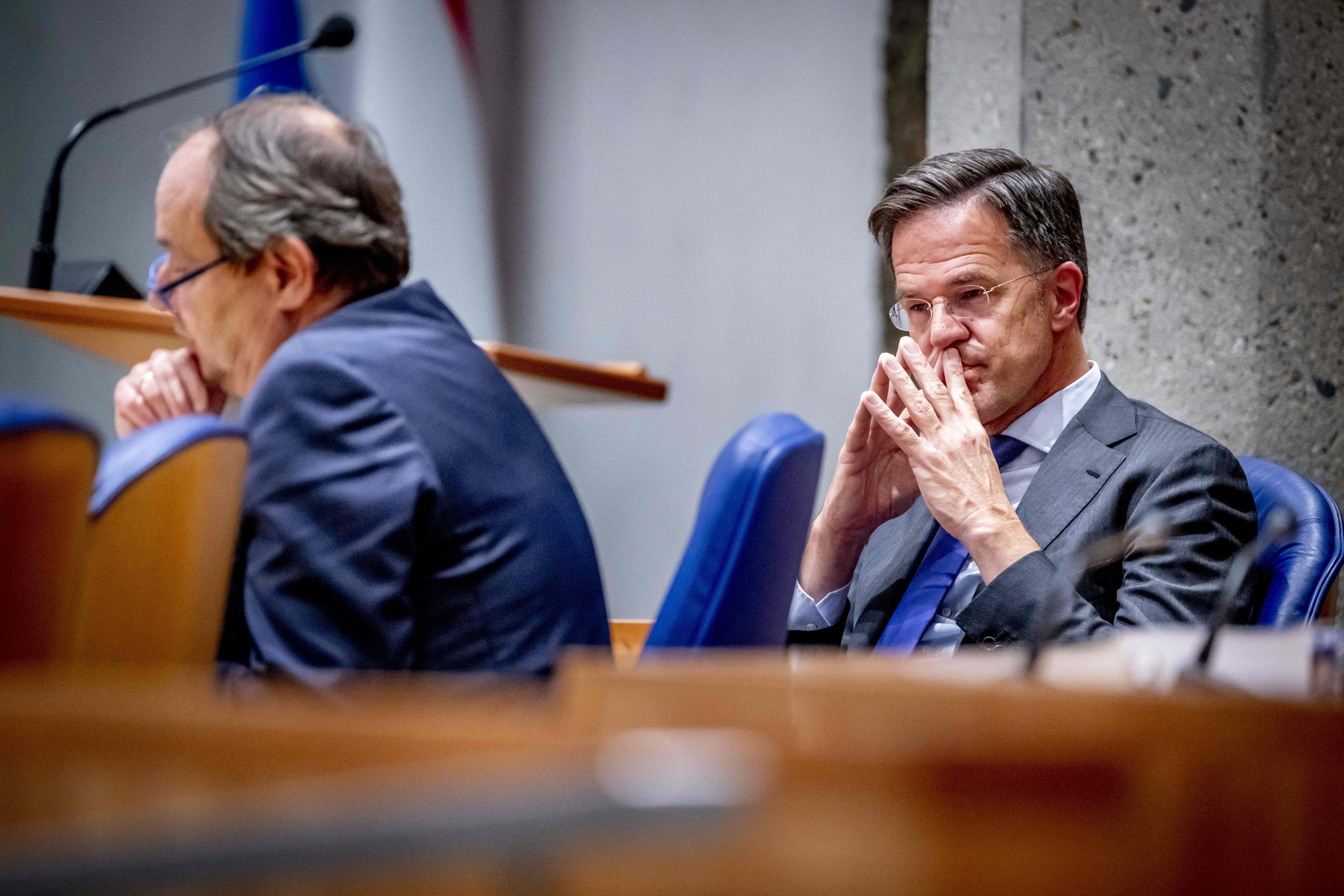Dutch Prime Minister Mark Rutte's conservative VVD party's push to restrict immigration has led to the collapse of the Dutch government. The disagreement over immigration policies among the coalition partners has become insurmountable, prompting Rutte to tender the resignation of the entire cabinet. As a result, new elections will be held in the fall.

The crisis reached its peak when Rutte called for support on a proposal to limit the entry of children of war refugees already in the Netherlands and introduce a two-year waiting period before families can be reunited. However, two of the four-party coalition, the small Christian Union, and the liberal D66, refused to back the proposal, causing a deadlock.
While Rutte's coalition will continue as a caretaker government until a new administration is formed after the elections, this process typically takes months in the fragmented Dutch political landscape. The national elections committee has indicated that elections are likely to be held no earlier than mid-November.
As a caretaker government, Rutte's administration cannot implement new policies. However, he assured that it would not affect the country's support for Ukraine. The Netherlands already has one of the toughest immigration policies in Europe. Still, under pressure from right-wing parties, Rutte had been seeking ways to further reduce the influx of asylum seekers, as the number of asylum applications increased significantly in recent years.

In 2022, asylum applications in the Netherlands rose by one-third to over 46,000, and projections suggested they could exceed 70,000 in 2023, surpassing the previous peak in 2015. This surge in asylum seekers would once again strain the country's asylum facilities. Last year, hundreds of refugees were forced to sleep rough with inadequate access to drinking water, sanitation, and healthcare.
Rutte had promised to improve conditions at the facilities by reducing the number of refugees entering the Netherlands. However, he failed to garner the support of coalition partners who deemed his policies to be excessive.
Mark Rutte, 56, has been the longest-serving government leader in Dutch history and one of the most senior in the European Union, following Hungary's Viktor Orban. Despite the government collapse, Rutte is expected to lead the VVD party in the upcoming elections. His current coalition, which took office in January 2022, marked his fourth consecutive administration since becoming prime minister in October 2010.
Comments (0)